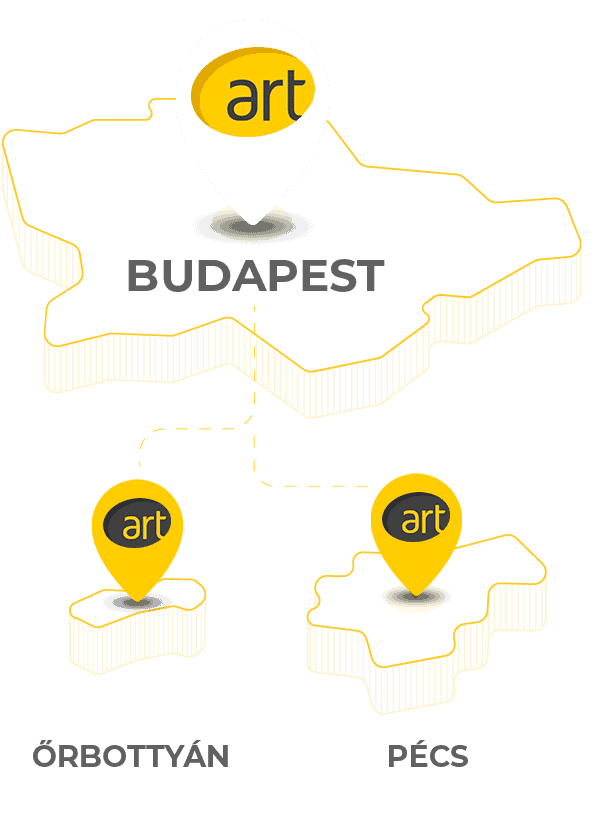The advances in artificial intelligence and machine learning in recent years have been stunning. The most talked about, developed by OpenAI, is ChatGPT, which digest huge quantities of text data and infer relationships between words within the text. In this blog post, we explore how AI can help developers and change the future of communication platforms.
Debugging and coding
ChatGPT is now apable of (incomplete) source code analysis, verification and debugging, which can save developers significant time. It understands the syntax and features of different programming languages and provides easy-to-follow suggestions to solve problems.
This gives developers more time to develop creative and innovative solutions.
Another new trend in programming is the proliferation and use of a low-code / no-code platforms In the near future, these two trends are likely to converge.The Arteries team is constantly monitoring the development and evolution of these technologies, so that we can incorporate the opportunities into our projects to save our clients time and money, and make our own work more efficient.
Generate documentation and manuals
With ChatGPT, developers can efficiently generate documentation and user guides or their own projects or for other developers. The model is able to convert text descriptions into a structured format and vice versa, facilitating the rapid and accurate transfer of information. It is able to draw attention to inconsistenciesin documentation, helping to avoid misunderstandings and eliminate potential errors.
Questions and answers
During development, we can often face technical questions that don’t have quick answers. Using ChatGPT, we can make this process easier, using the information generated by the model to help us, even with the latest technologies or languages. This reduces the time spent on research and problem solvingand allows developers to focus on the important tasks.
It is important to note that, in the case of incomplete information, the AI tends to generate unrealistic answers (lies) due to the way the model works, which can be very misleading. Its answers should always be checked and verified.
At Arteries, we are constantly testing what topics we can rely on and trying to make our search methods more efficient.
Project management and teamwork
It can help you make effective decisions and work efficiently. ChatGPT can summarise and analyse information about projects, helping you to prioritise and track tasks.
Education and training
ChatGPT can help developers in a number of areas, including debugging, documentation generation, Q&A, teamwork and training. The model gives developers the opportunity to increase the efficiency of their work and drive innovation.
It is a new and exciting technology that has emerged recently and suddenly, so we are still learning about it and exploring its potential.
These AI tools (there are many already, ChatGPT is just one of many) can be powerful tools to work with under the supervision of experienced experts, but the solutions they propose should always be checked and monitored by senior programmers. When we use AI tools in our projects, we always do it in collaboration with our professional colleagues and quality assurance staff to ensure high quality results.
One thing is for sure: in the past – when AI was not even on the radar – you had to keep working with smarter and more automated tools, to keep up with trends. Today is no different: in the future, with AI, we will again have smarter and more convenient tools. But in some ways this is not surprising, and not new at all. It is by no means to be feared, but it is to be explored with open eyes and used wisely.
Creative thinking, systems thinking, interpretation of abstract concepts, analytical reasoning, deduction, common sense, and intuition are still rather human qualities that AI, by its very nature, will not be able to surpass us, the excellent professionals, for a very long time.
Arteries wants to go down the path of bringing the benefits of both worlds together to serve efficient IT projects.
We think we should talk about your challenge too!


